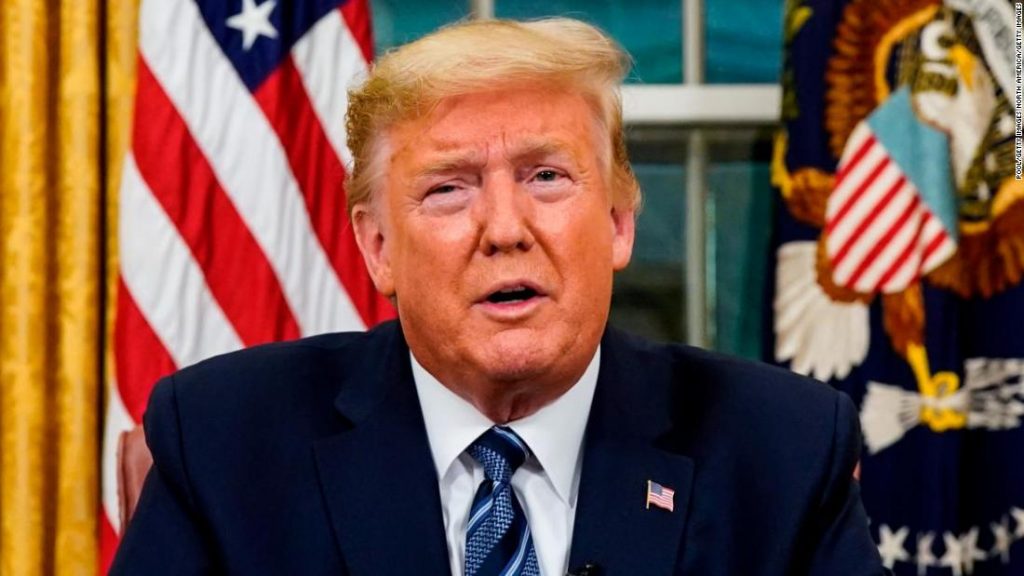Share!
Nigeria faces a multimillion-dollar hike in export tariffs to the U.S. In 2023, Nigeria’s total trade exports to the U.S. were valued at $5.82 billion.
With the 14 percent tariff introduced in 2025, the country could have faced an additional $814.8 million in costs.
If export values remain the same, this will be the impact. However, fluctuations in exports will change the cost proportionally, based on the 14 percent rate. This means that if export values rise or fall, the additional cost will adjust accordingly.
History shows that the most powerful nations can face unexpected challenges. Just as Goliath met his match with David, could the United States, already in trade disputes with over 25 countries, find itself grappling with the fallout of imposing a 14 percent tariff on Nigerian exports?
Paul Krugman, a Nobel laureate, has long warned that trade protectionism, while seemingly beneficial, is a “seductive but dangerous policy.” It creates the illusion of success, even as the broader economy suffers.
This insight rings true as the U.S. imposes a tariff on Nigeria and others, raising concerns about the economic fallout for both nations.
Muda Yusuf, CEO of the Centre for the Promotion of Private Enterprise (CPPE), suggests that Nigeria and Africa may not need to be overly concerned about the U.S. tariff imposition.
He points out that the bulk of Nigeria’s trade is with Asian countries and Europe, with relatively limited trade volume with the U.S. Yusuf believes that since Nigeria and most African countries are not major trading partners of the U.S., the impact of the tariffs may be minimal.
Bismarck Rewane, CEO of Financial Derivatives Company (FDC), described the tariff as “extremely destructive” in an interview with Arise News.
His view echoes the wisdom of classical economist David Ricardo, who believed that trade allows nations to share resources, innovations, and efficiencies.
Ngozi Okonjo-Iweala, Director-General of the World Trade Organisation (WTO), has emphasised the severe repercussions of escalating trade tensions. She cautioned that retaliatory trade wars, reminiscent of those in the 1930s, could lead to substantial global GDP losses, urging nations to seek resolution through established WTO mechanisms rather than engaging in tit-for-tat measures.
By imposing this tariff, the U.S. risks limiting the economic benefits derived from its trade with Nigeria, particularly in sectors where American industries rely on Nigerian exports.
Businessday
No related posts.
